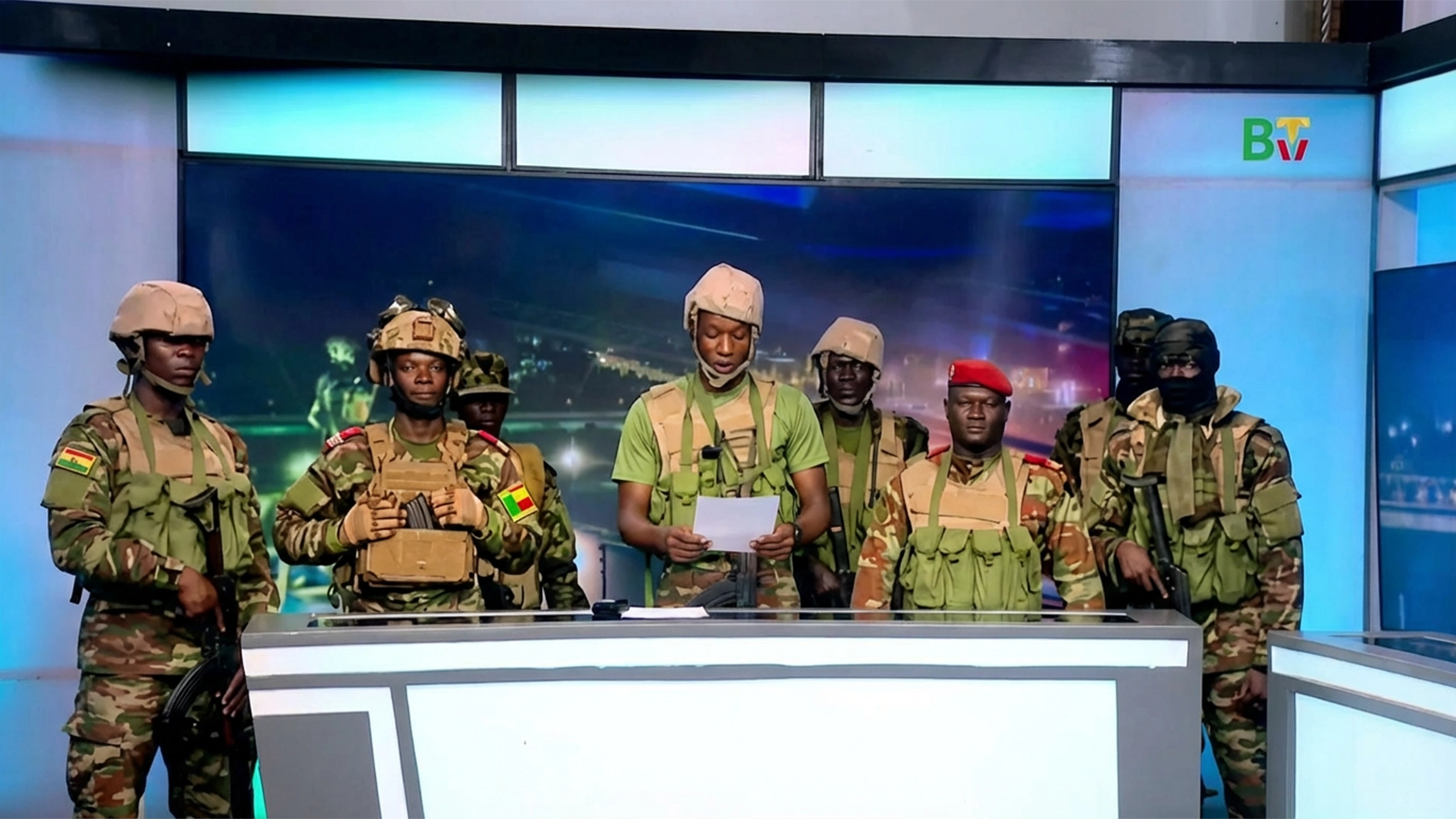Once again, the Nigerian Association of Resident Doctors (NARD), the umbrella body for medical doctors undergoing specialist training in Nigeria, has downed tools, leaving millions of patients stranded in public hospitals nationwide. The sight of deserted wards and overwhelmed emergency units has become an all-too-familiar tragedy in Nigeria’s collapsing healthcare system.Yet, this latest strike is not born of greed or indiscipline; it is a direct consequence of government negligence.
NARD’s decision to embark on an indefinite strike and completely withdraw services from all federal and state tertiary health institutions stems from the Federal Government’s failure to meet its 19-point minimum demands within the 30-day ultimatum earlier issued by the association.
At the heart of the doctors’ grievances is the non-payment of a huge backlog of financial entitlements owed to its members. NARD claims that the Federal Government owes healthcare workers an estimated N38 billion in accumulated allowances. The doctors are also demanding the immediate settlement of five months’ arrears arising from the 25% and 35% upward review of the Consolidated Medical Salary Structure (CONMESS)—an agreement the government has repeatedly dishonoured despite numerous assurances.
In addition, NARD insists on the payment of the overdue 2024 Accoutrement Allowance and various promotion arrears owed to medical officers. In some state institutions, such as the Benue State University Teaching Hospital, doctors are being owed salaries for as long as 18 months.
As we have consistently argued, improving the well-being of the average Nigerian begins with guaranteeing access to a functional and well-funded healthcare system. The fundamental objective of all development is to enable citizens to live healthy and productive lives. It is, therefore, pointless for the political class to focus on re-election campaigns and empty rhetoric when the salaries of the very doctors who keep the nation’s healthcare system running remain unpaid. No doctor should be expected to save lives on an empty stomach.
Shockingly, the Federal Government continues to treat the health of its citizens with such disdain. The persistent failure to pay salaries, settle arrears, and improve working conditions has forced thousands of Nigerian doctors to seek greener pastures abroad. This brain drain has crippled the healthcare system, leaving the poor and vulnerable to bear the brunt of the government’s failure to do the needful.
The health of the people is crucial to Nigeria’s survival. Human development lies at the heart of all progress. A nation that neglects its doctors cannot hope to build a prosperous or stable future. It is high time the Federal Government assumed full responsibility for paying the salaries of medical doctors across the country, rather than leaving this vital task to the discretion and inefficiency of state governments.
Since NARD began its strike on November 1, 2025, public hospitals have been largely deserted, with wards and outpatient units operating with skeletal staff. At the Federal Medical Centre (FMC), Jabi, for instance, patients were turned away or left unattended. A pregnant woman had to be transferred to another hospital after being denied care. Several hospitals have stopped admitting new patients due to the absence of doctors. Emergency departments now operate under severe strain, with critical patients facing increased risk of death. In Enugu, one patient recounted how doctors “refused to respond” to his worsening condition during the strike.
This is an unacceptable situation. A government that cannot guarantee the basic right to health is failing in its most sacred duty. The time for excuses is over. The Federal Government must immediately meet NARD’s legitimate demands, pay all outstanding salaries and allowances, and take decisive steps to reform the nation’s healthcare system. The health of Nigerians should never again be held hostage to bureaucratic indifference or political complacency.
For years, Nigerians have witnessed recurring strikes by NARD and other medical unions. These strikes are often triggered by salary arrears and poor remuneration, particularly at the state level. Patients die needlessly, hospitals are deserted, and the health system is thrown into chaos, all because doctors are denied their rightful pay. It is a tragedy that could easily be avoided if the Federal Government centralised the payment of doctors’ salaries, which should not be delayed for any reason.
A uniform, federally managed salary structure would guarantee fairness and eliminate the glaring disparities between doctors in richer and poorer states. It would also restore morale within the medical profession, which has been battered by years of neglect. More importantly, it would help stem the mass exodus of Nigerian doctors to foreign countries in search of better working conditions.
Health is wealth. It is not just a social service; it is a matter of national security. No country can prosper when its doctors are disillusioned and its hospitals are in crisis. Paying doctors directly from the federal purse would ensure accountability through the Integrated Payroll and Personnel Information System (IPPIS), reduce corruption, and promote transparency. It would also enable the Federal Government to deploy doctors more efficiently during emergencies such as epidemics or natural disasters.
Countries that take healthcare seriously treat their medical professionals with dignity. Nigeria must do no less. The Federal Government already pays teachers under the Universal Basic Education (UBE) scheme and police officers nationwide—why should doctors be different? The nation’s future depends on a strong, motivated, and well-paid medical workforce.
At present, many teaching hospitals in Nigeria, including the Lagos University Teaching Hospital (LUTH), are suffering from an acute shortage of skilled doctors. There is no doubt that efficient federal management of salaries, backed by better budgeting and national oversight, would help retain skilled medical personnel within the country.
The most immediate step to get NARD to call off the lingering strike is to pay all outstanding salaries and arrears. Doctors are human beings, not spirits. They and their families need money to survive the current economic hardship. Many resident doctors have gone for months without pay despite working punishing hours in under-equipped hospitals. The government must clear all backlogs of salaries, hazard allowances, and other entitlements without delay.
Also, the Federal Government must implement a uniform national salary structure for doctors. The existing pay disparity between federal and state-employed doctors is unjust and demoralising. A unified payment system integrated through the IPPIS would ensure equity, transparency, and regular payment, regardless of a doctor’s location.
There is a need to urgently review the obsolete N5,000 hazard allowance—a relic from the 1990s that no longer reflects the risks faced by medical personnel. From Ebola to COVID-19, Nigerian doctors have fought deadly diseases with little protection and even less compensation. The government must immediately approve a modern, realistic hazard allowance that recognises the dangers of the profession.
But the crisis runs deeper than unpaid wages. Many public hospitals are collapsing under the weight of decay. Basic diagnostic machines are broken, operating theatres lack oxygen, and doctors are forced to improvise where technology should be saving lives. The Federal Government must, therefore, release emergency intervention funds for the rehabilitation of teaching hospitals and the procurement of essential medical equipment.
To prevent future strikes, the government should establish a Standing Health Sector Negotiation Council—a permanent body involving NARD, the Ministry of Health, and the Ministry of Finance. Such a council, meeting regularly, could address grievances before they escalate into industrial action.
More importantly, the Federal Government must begin to honour its own agreements. For too long, signed memoranda of understanding have gathered dust in government drawers. President Bola Tinubu’s administration must break that cycle of deceit by implementing every past agreement in good faith.
There should be genuine dialogue—not propaganda. Government officials should engage NARD leaders respectfully, treating doctors not as agitators but as partners in national survival. The health personnel are not asking for luxury but fairness, dignity, and the tools to do their work.
Nigeria cannot afford to keep losing lives because its leaders refuse to act. Every day this strike continues, patients die needlessly, and the nation’s fragile health system sinks deeper into crisis. The Federal Government has a moral and constitutional duty to resolve this strike immediately by paying what is owed, fixing what is broken, and respecting those who keep the nation alive.






